Why are we running this project?
Europe’s liberal democracies have become more and more ethnically and culturally diverse, not least as a result of immigration processes. But while people with a migrant background are increasingly gaining visibility and a voice, they nevertheless remain underrepresented in many areas of society. In parliaments – whether at local, regional, or national level – they are widely underrepresented in comparison to their proportion of the population. Accordingly, important concerns are insufficiently voiced and often missed.
What are our goals?
The research project “Repchance” aims first to identify cornerstones for equal-opportunity representation and participation among people with a migrant background, and second to translate these cornerstones into real-world action for social and political decision-makers. As such, the project seeks to contribute to improving conditions for the future political careers of people with a migrant background and increase the long-term representation of these groups in positions with social and political decision-making power.
How does the project work?
The study will collect quantitative data on the representation of people with migrant background. This information will be supplemented with qualitative interviews with elected officials at different levels of government, who will be asked about their personal experiences with factors that facilitate and hinder a political career for people with a migrant background. Finally, the information collected will be used to derive recommendations for better minority representation.
The project is designed as an international comparative study and will be carried out across Germany, the Netherlands, Switzerland, Spain, and the United Kingdom by researchers from the Munich University of Applied Sciences (Germany), the University of Amsterdam (the Netherlands), the University of Neuchâtel (Switzerland), and the Paris Institute of Political Sciences (France). The project is supported by the Robert Bosch Stiftung, Stiftung Mercator Schweiz, and Porticus.


